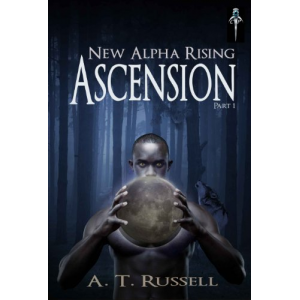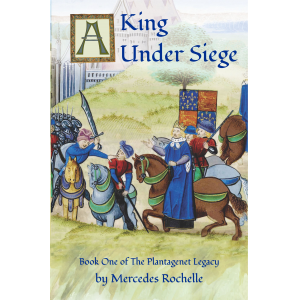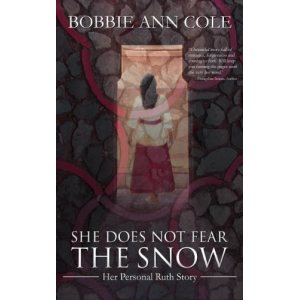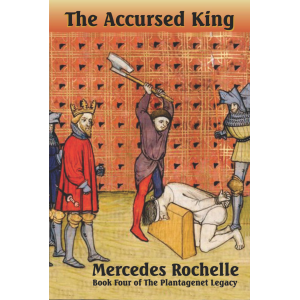- Author
- Book
- Story behind the book
- Media Links
- Reviews
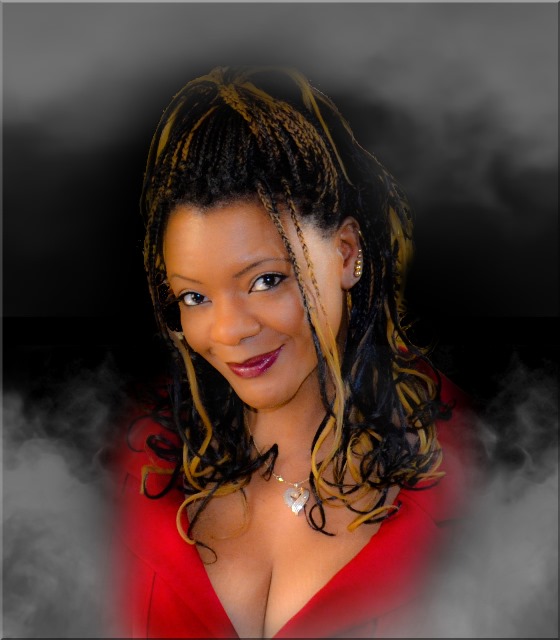
Newland Moon
About
Aaron-Michael Hall is an American Speculative Fiction author (Epic Fantasy and Science Fantasy). She uses the pen name Newland Moon exclusively for her Science Fantasy novels.
Since August 2015, she has written seven full-length novels and published three.
Now, when she is not interviewing indie authors on her Desu Beast Blog (aaronmichaelhall.com), being super mom, or managing her 9 to 5, she is interweaving genres and adding just the right edge to keep you turning pages.
When she was younger, Aaron-Michael would get lost in the fantasy and sci-fi worlds created by Andre Norton, N.K. Jemisin, R.A. Salvatore, Octavia Butler, Neil Gaiman, Ursula K Le Guin, and R. Scott Bakker.
Being from a large family, Aaron-Michael would often steal away high in a tree or nearby wood seeking solitude. While enjoying the peace her natural surrounding provided, she created her own worlds and languages. Some characters and elements created then are used now in her current series (The Rise of Nazil and The Shifter trilogies). One of her created languages, Mehlonii, is comprised of hundreds of words. For a sample of the spoken Mehlonii language created for this fantastical series, please visit her website.
The Rise of Nazil is the first novel in the trilogy of the same name from this new author. It is an intelligent and intriguing read with a host of characters. Seed of Scorn (book II) and Piercing the Darkness (book III) complete The Rise of Nazil trilogy and are all available on her website (signed paperback copies) and Amazon.
When asked why she wrote this series, Aaron-Michael simply said, “It needed to be written.”
Blood of Oisin is the first novel in The Shifter trilogy releasing in 2017.
Rites of Heirdron is the first novel in a Science Fantasy Romance duology releasing in 2017.
It is her hope that the readers enjoy the wonders of Faélondul and Ahmezurhran even more than she enjoyed writing about them.

Through the Eyes of Maria: Consequences
Description
<p>Maria’s life shifts course when destiny brings her into the arms of Christian. His earnest kindness and generosity offer the potential for a future she never imagined possible. Afraid of pushing Christian away, Maria changes her identity and buries her sordid past.<br /><br />But when the truth threatens to expose her calculated deception, will Maria find the courage to face her demons and salvage all that's at stake?<br /><br />Or will Maria be forced to accept that she simply cannot outrun the shadows that chase her?</p>
Story Behind The Book
Media Links
Reviews
<p>As an engineer, when I read for entertainment I often turn to science fiction: fantastic weapons, futuristic machines, interplanetary travel all seem to naturally attract and even nurture the inner geek. Sadly, much popular science fiction seems to depend too heavily on the “technology” side of story-telling. Devices are substituted for characters and astrophysical hypotheses for plot, resulting in reads that are fast, shallow, and ultimately not satisfying or memorable.</p> <p>I found <u>The Rites of Heirdron</u> to be a very pleasing exception. The author, Newland, has written a complex tale of a young prince struggling to piece together the hidden history of betrayals that has almost succeeded in destroying the entire sentient population of his planet. Without knowing why or how, he understands that once the evil is exposed he will have a means to stop and even reverse the damage, saving his world. The young prince’s heroic efforts are complicated by a debilitating biological abnormality of his species.</p> <p>Obviously, there are other actors on the stage. The queen — disgraced by the manipulations of numerous powerful factions — and the first officer of her guard must helplessly stand by, bound by an incompletely known maze of edicts and treaties that are part of the system of betrayal that was forced on their planet. The bad guys are galactic coalitions and plunderers from other galaxies and of course the rival planets. There’s even a spiritual dimension with good and evil presences: oracles and spirit whisperers and spirit wielders. (I found it enjoyable karma when the bad guys, who tended to think very commercial thoughts supported by very concrete technology, were forced to consider the potential impacts of those unseen, unknown beings.)</p> <p>The most interesting character, besides the prince, is a beautiful mahogany-complexioned Earth female, Itanya. After arriving on the planet as a crew-member of an interstellar cargo ship she finds herself as the de facto favorite among what can only be described as the prince’s harem. This development is not pleasing to her new-found rivals nor to the queen. However, in addition to providing a number of well-written intimate interludes, she is ultimately revealed as a … well, why don’t you read it and find out.</p> <p style="text-align:left;">Moon’s story is just that – a story, with a logical complex plot, with characters that are unique and interesting, with dialogue that moves the action and reveals the characters. There are elements of future technology but these are parts of the scenery, not the purpose of the novel. The author has the ability to move the story in a way that is logical and consistent with itself and the characters while frequently providing twists and surprises that make it hard to stop reading. This was the first offering that I’ve read from Newland Moon, but I certainly will look forward to others.</p>

